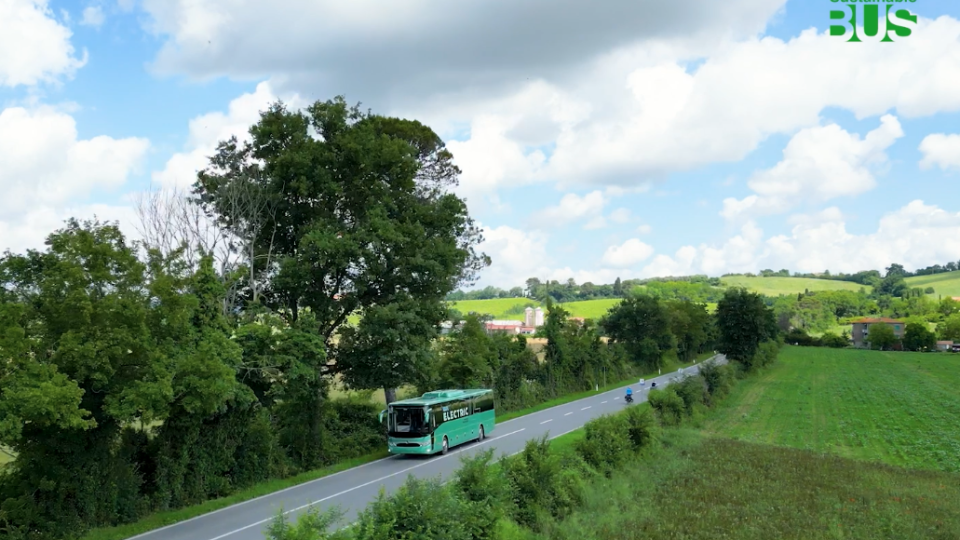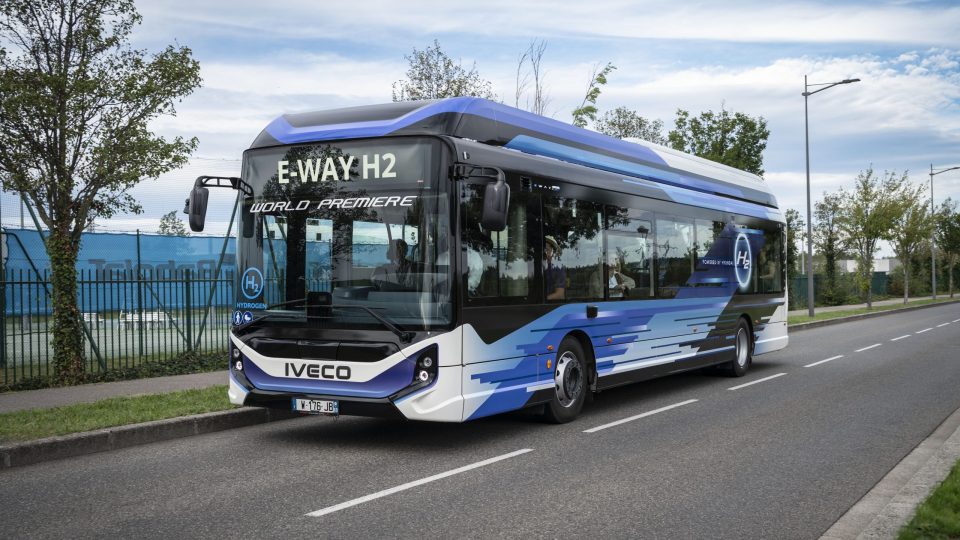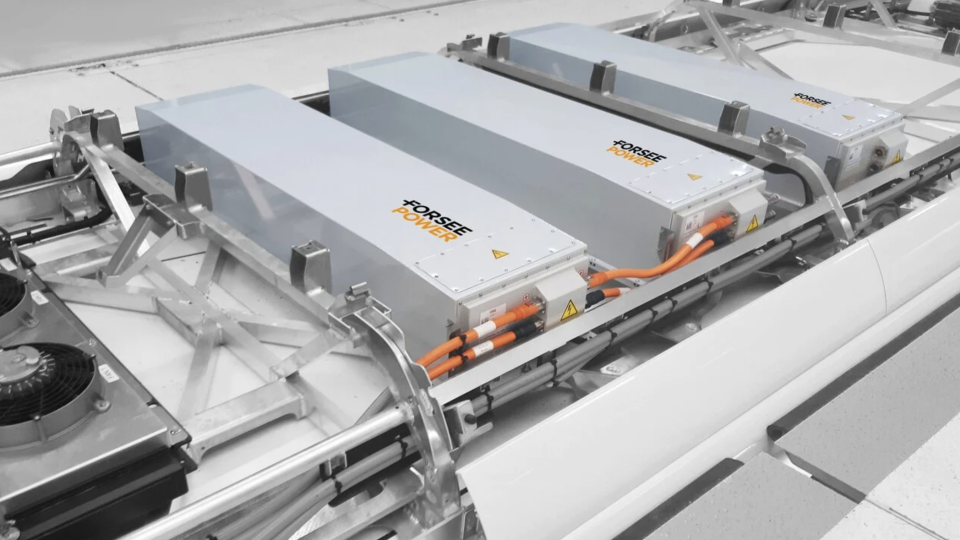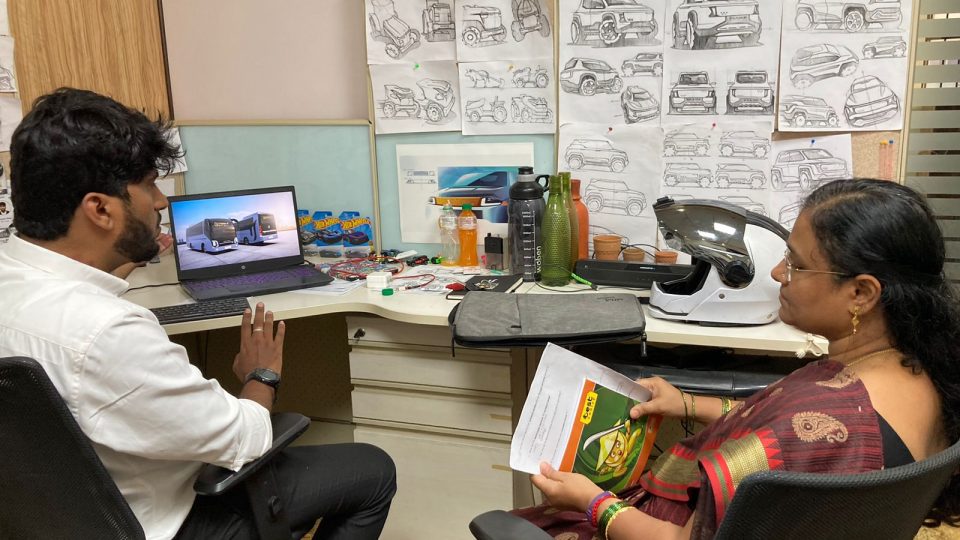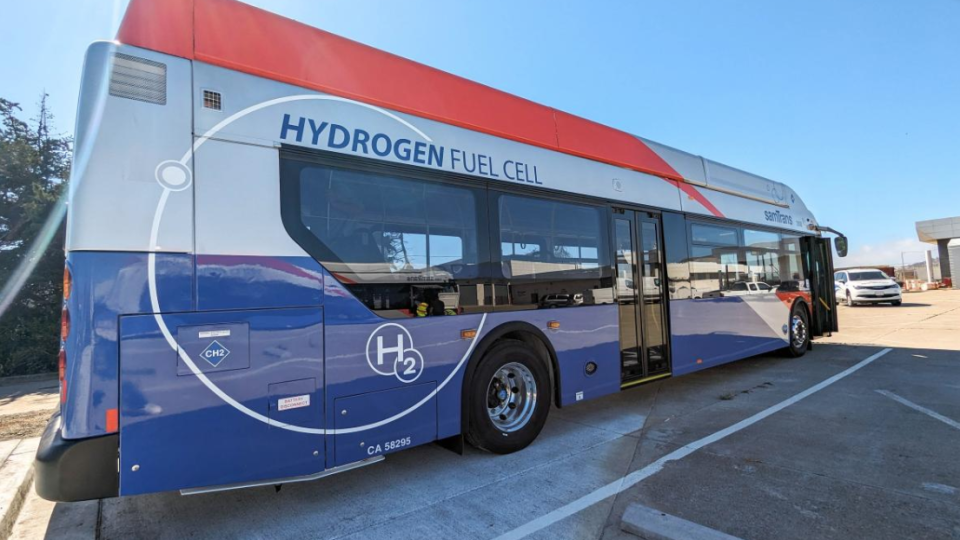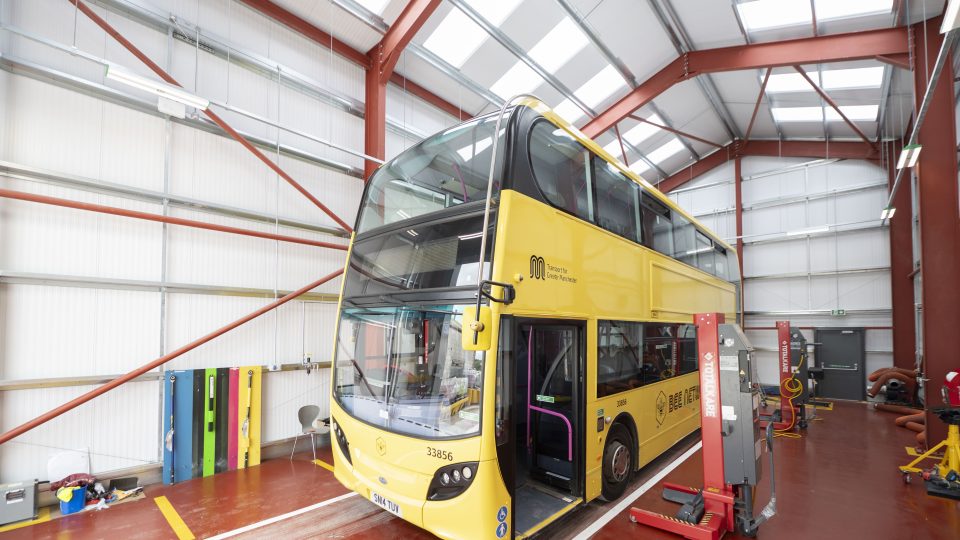Siemens CV: NextGen motor platform coming within 2021 (followed by e-axle). Our interview with CEO Mart Verschoor
Siemens ELFA drivetrains have already left 2 billion kilometers on five continents behind. The modular electric drivetrain and software solution for hybrid, battery, and fuel cell buses and trucks has resulted as an hallmark for the Siemens business unit Commercial Vehicles (CV). How the ELFA technology has been evolving during over 25 years, keeping its […]
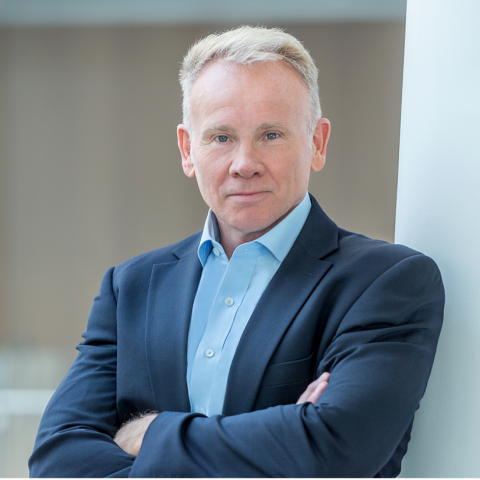
Siemens ELFA drivetrains have already left 2 billion kilometers on five continents behind. The modular electric drivetrain and software solution for hybrid, battery, and fuel cell buses and trucks has resulted as an hallmark for the Siemens business unit Commercial Vehicles (CV).
How the ELFA technology has been evolving during over 25 years, keeping its place among market leaders in this segment, what impact the COVID-19 crisis has on the CV business, and what innovations CV is currently working on are the topics we are discussing with Siemens CV CEO Mart Verschoor.
The Dutch native took over the lead in the beginning of 2020 for this Siemens business unit, headquartered in Nuremberg, Germany. Verschoor brings extensive growth leadership experience gathered in the automotive and powertrain global markets.
The future for electric buses and trucks is bright, as a result of a global mega trend driven by increasing regulations concerning polluting emissions: multiple years of double-digit growth lay ahead, driven by very favorable “clean” industry trends and an anticipated dynamic post-COVID demand recovery.
We have new products to introduce in the fall – the Sustainable Bus readers will be the first to get a closer look. We are working on our new NextGen motor platform with improved performance and other key developments such as the e-axle design. The motor will be available for testing at the end of this year followed by the e-axle
Mart Verschoor, Siemens CV CEO
Mart Verschoor: Siemens ELFA is close to 100% availability
Mart, you brought us some impressive numbers from the CV business. Over 2 billion kilometers driven with your system and a company history of over 25 years. Based on that – can you outline CV’s key strengths to us?
«First of all, we have pioneered modular electric drivetrains. We have tremendous know-how and on the road experience in our business with over 16,000 ELFA systems deployed. Specifically, our customers value our benchmark power and torque performance, which we were able to increase by another 15% with our latest ELFA 3 technology. Over 90% energy recovery in recuperation mode for vehicles using our system with embedded drive control and optimized energy management functionalities is another asset.
And last but not least, we have close to 100% system availability. Our customers enjoy minimum scheduled down time and reduced maintenance.
At Siemens CV, for all our customers we provide in-house development and production of motors and inverters, software development according to ISO 26262, system services, tailored training and sharing of knowledge. Our accumulated knowledge drives innovation, leading to new products and solutions to meet our customers needs as they develop».
Despite public transport being badly affected by the pandemic, with commuter rates partly dropping to 30% of the pre-COVID level, we see an upward trend in demand. Many transport authorities are using these low utilization times to convert their fleets towards zero emission vehicles.
Mart Verschoor, Siemens CV CEO
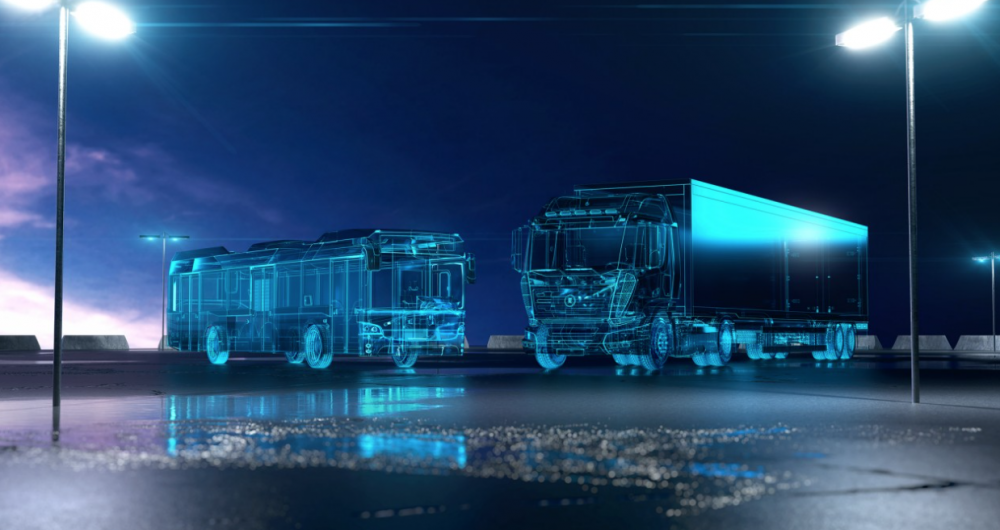
The competition certainly is not sleeping either, especially in such a tough industry. Recently larger high-volume bus OEMs have started to enter the market with their own electric buses and trucks. How do you assess the impact of this on the market situation and how is Siemens CV prepared for this?
«There is great potential in this market and that attracts competitors. The need for clean transport of people and goods without CO2 emissions in cities and on the road is clearly recognized. We have unmatched experience and proven solutions, that can easily be tailored to the needs of each customer. We are known for our efficient service and high system availability.
In addition, customers demand full compliance with ISO standards. These are increasingly complex and demanding to implement. Our new generation of inverter and motor systems are being developed right from the start in accordance with ISO26262 safety requirements.
Also, in our product developments we focus on the creation of product platforms, with modular and scalable product families. In our approach, we utilize a high number of identical parts, and create assembly-optimized product designs. The aim is to achieve cost improvements through cycle time reduction, drastically enhanced economies of scale and logistical simplification».
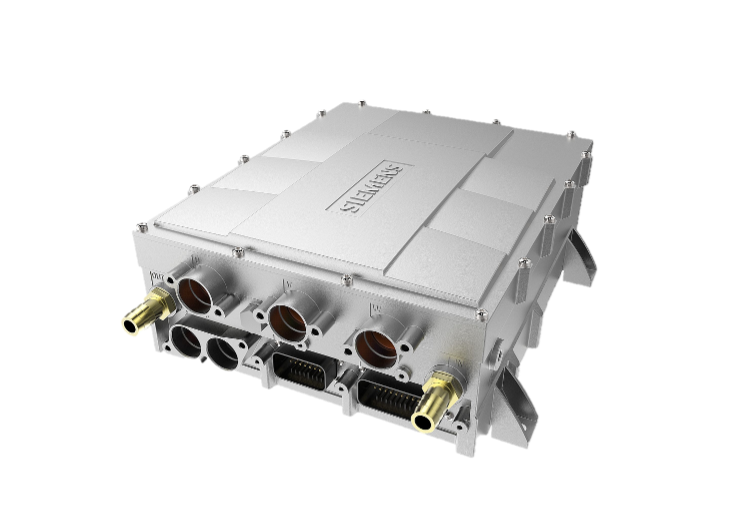
COVID-19 and the consequences on the EV industry
Besides the growing competition, COVID-19 is certainly also a challenge for your business. You joined as CEO of Commercial Vehicles just before beginning of the pandemic. What is your view on the effects on CV?
«We have done really well in the past year, both in terms of order entry and revenue. I think it’s admirable how our team is holding up in this challenging time, balancing personal and work life in this New Normal! We have provided support where possible and increased our flexibility. Still, working from home most of the time is not easy.
Despite public transport being badly affected by the pandemic, with commuter rates partly dropping to 30% of the pre-COVID level, we see an upward trend in demand. Many transport authorities are using these low utilization times to convert their fleets towards zero emission vehicles.
The pandemic and lockdowns enable us to see how clean cities without smog and CO2 emissions, traffic jams and lower noise pollution realistically could look like. This is what people want».
We focus on the creation of product platforms, with modular and scalable product families. In our approach, we utilize a high number of identical parts, and create assembly-optimized product designs. The aim is to achieve cost improvements through cycle time reduction, drastically enhanced economies of scale and logistical simplification
Mart Verschoor, Siemens CV CEO
Siemens Commercial Vehicles as such is not well known, and the ELFA system only to industry insiders. What is the reason for that?
«Typically, in the European market you buy a “single-brand” vehicle which, in truth, consists of different subsystems and components from different suppliers, such as us. We have always focused on perfecting our technology and let our customers shine. ELFA enables our customers to move people and goods without CO2 emissions, but it is their product that is seen on the streets. However, with the changing market dynamic and the attention e-mobility is getting, we plan to be more visible and showcase our great offering.
We have new products to introduce in the fall – the Sustainable Bus readers will be the first to get a closer look. We are working on our new NextGen motor platform with improved performance and other key developments such as the e-axle design. The motor will be available for testing at the end of this year followed by the e-axle. This will cement our spot as one of the top three Tier 1 e-propulsion system suppliers for the bus industry».

